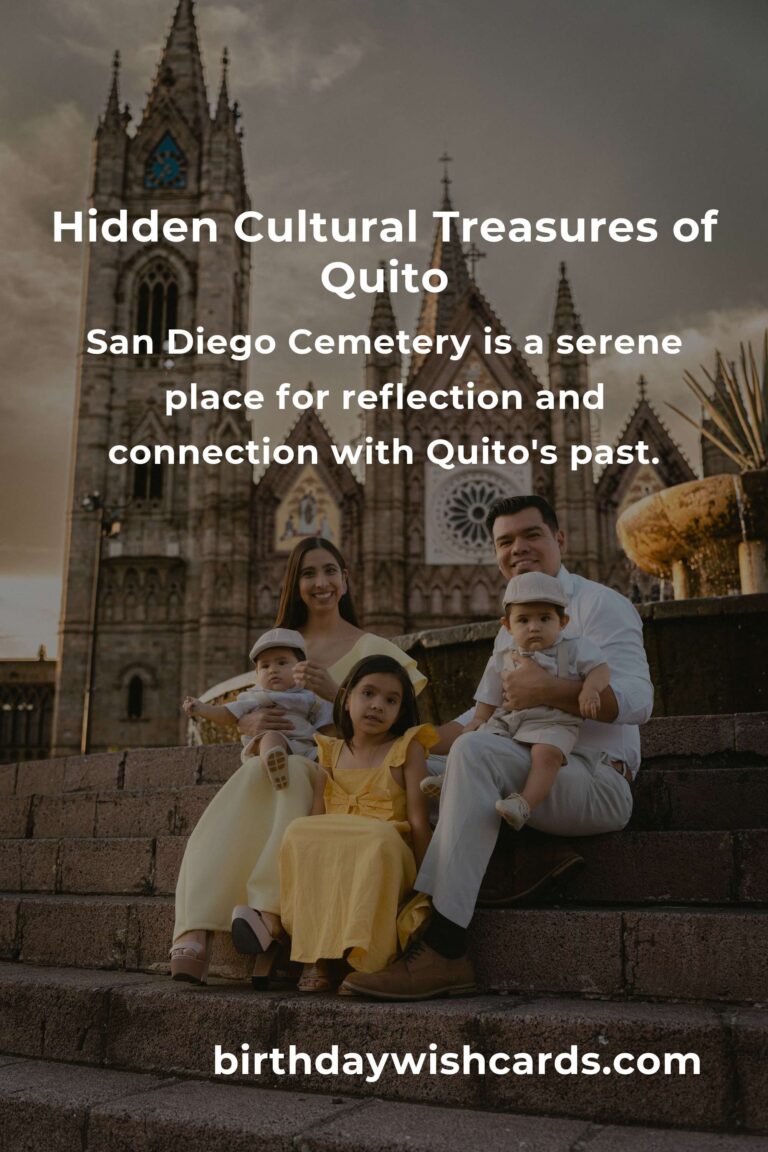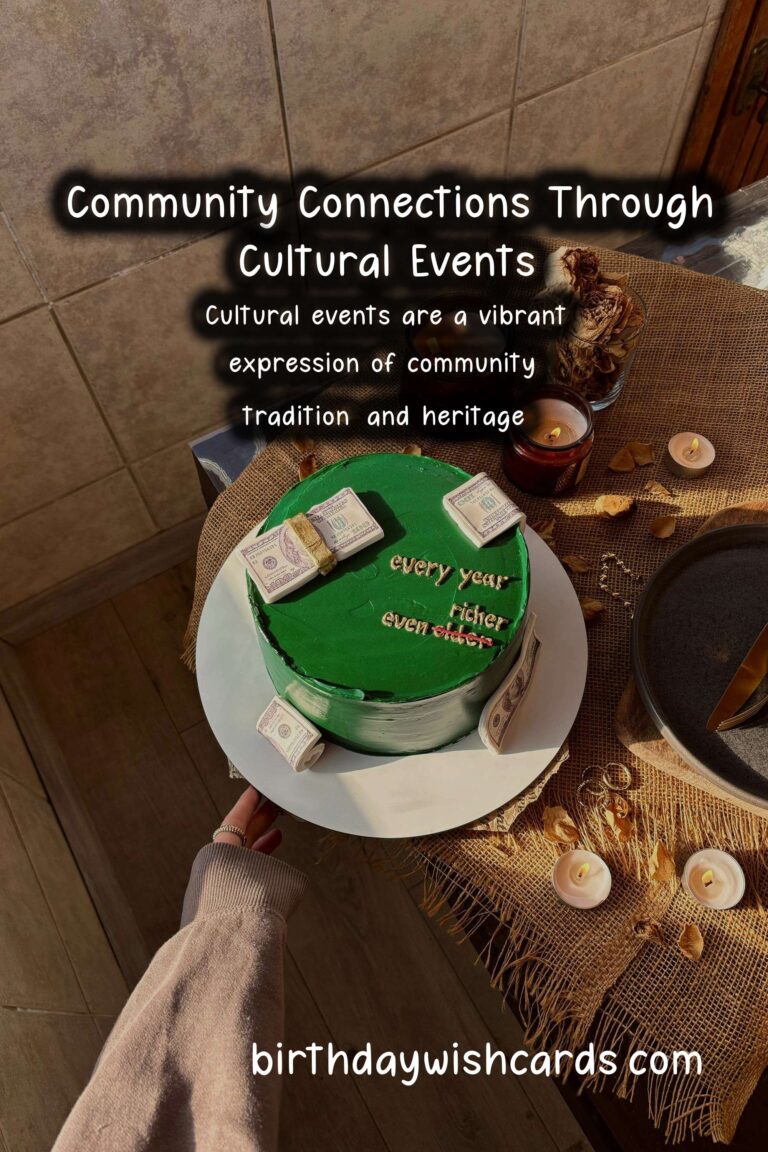
Cultural events are a vibrant expression of community, tradition, and heritage. Organizing such events requires a blend of creativity, planning, and engagement with the community.
Understanding the Purpose of Cultural Events
Before diving into the organization process, it is crucial to understand what makes a cultural event special. These events celebrate diversity, foster unity, and provide a platform for expression.
Step 1: Define Your Goals
What is the primary objective of your cultural event? Is it to educate, entertain, or create awareness about a specific cultural aspect? Defining clear goals will pave the way for your planning process.
Step 2: Formulate a Budget
Establishing a budget is essential to ensure all aspects of your event are covered. Consider expenses like venue rental, permits, catering, marketing, and entertainment.
Step 3: Choose a Theme
Your event should have a theme that resonates with the cultural elements you want to showcase. A well-defined theme will guide your decorations, performances, and promotional materials.
Step 4: Select the Right Venue
The venue sets the stage for your event. Consider accessibility, capacity, and the ambiance required to bring your theme to life.
Step 5: Assemble a Team
Building a diverse team with various skills will help in the successful execution of your event. Include individuals with backgrounds in marketing, logistics, and community engagement.
Step 6: Engage with the Community
Involve local artists, musicians, and cultural groups. Their participation not only enriches the event but also builds a sense of ownership among community members.
Step 7: Create an Event Timeline
Develop a timeline that outlines all the activities leading up to the event day. This includes deadlines for bookings, promotions, and rehearsals.
Step 8: Promote Your Event
Effective promotion is key to ensuring a successful turnout. Utilize social media, community boards, and local media outlets to spread the word.
Step 9: Prepare for Logistics
Logistical arrangements such as seating, power supply for performances, and food services should be clearly planned out. This includes obtaining necessary permits.
Step 10: Execute the Event
On the day of the event, make sure every team member knows their responsibilities. Stay flexible and ready to handle unforeseen challenges.
Post-Event Reflection
After the event, gather feedback from attendees and team members to understand what worked well and what can be improved for future events. This reflection is essential for growth.
Final Thoughts
Organizing a cultural event is not just about logistics; it’s about connection. With these soulful ways to plan, your cultural event can foster community spirit, showcase rich heritages, and create lasting memories.
Cultural events are a vibrant expression of community, tradition, and heritage. Understanding the purpose of cultural events is crucial for a successful organization. 
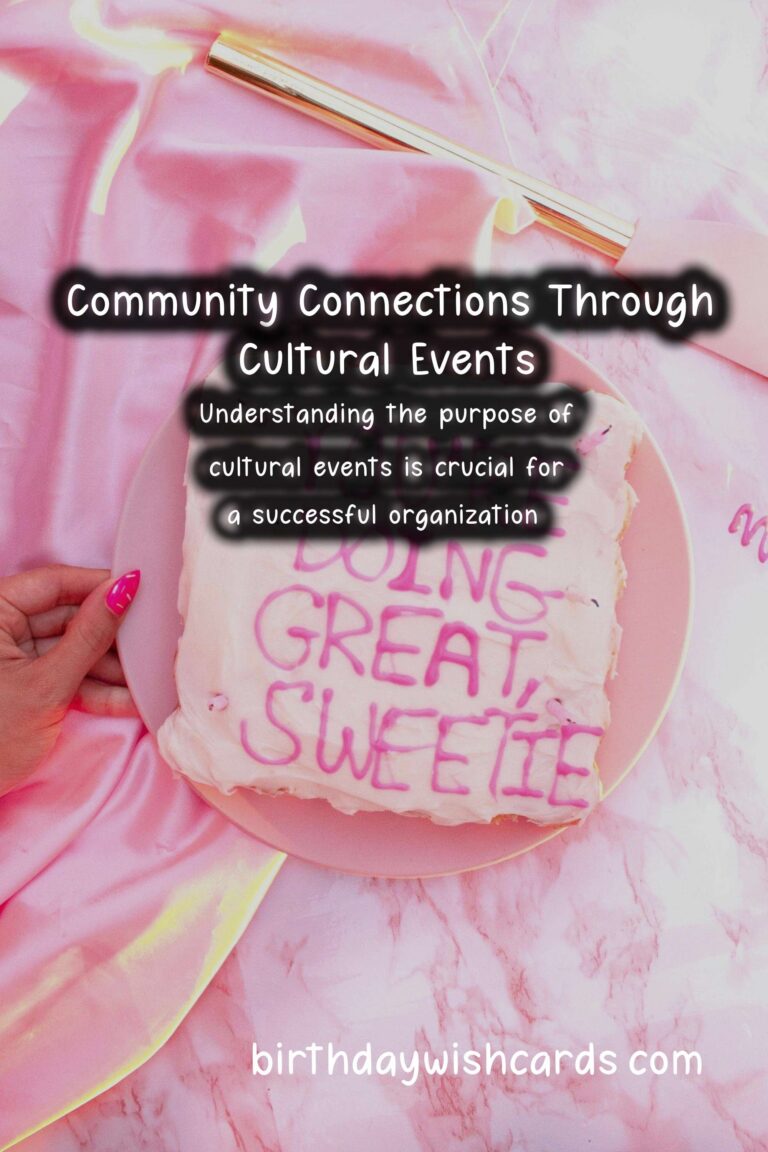
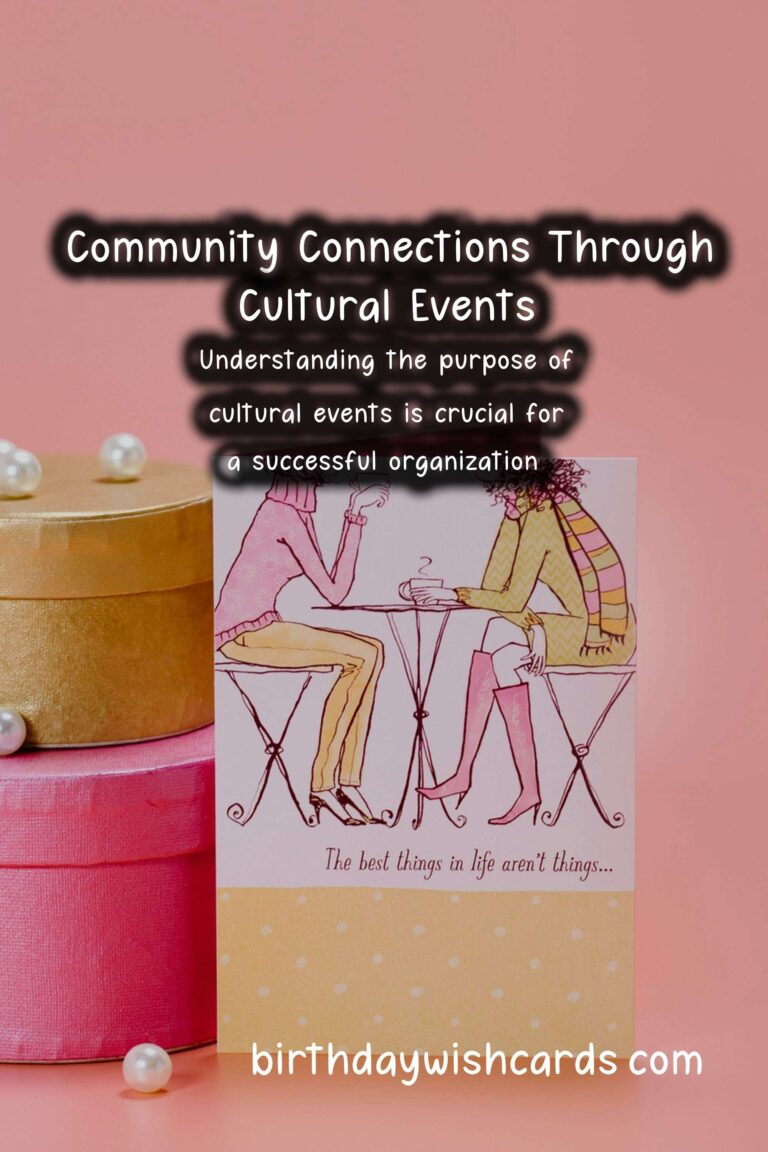
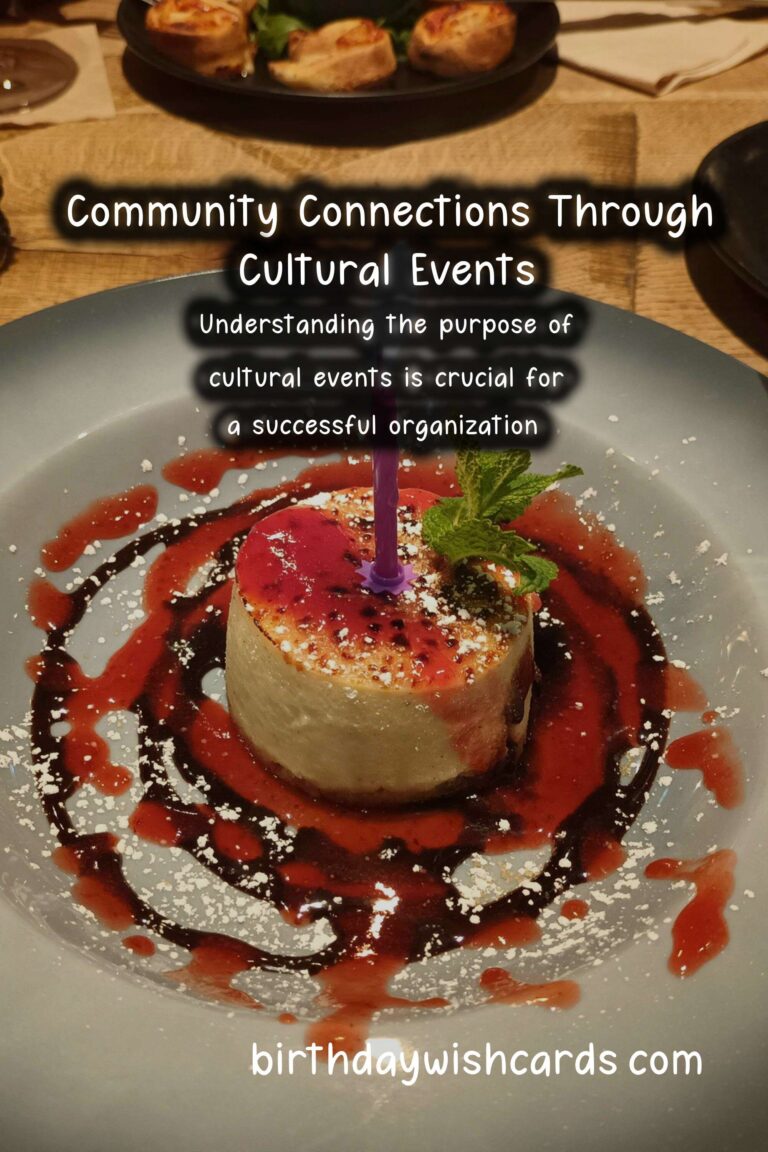
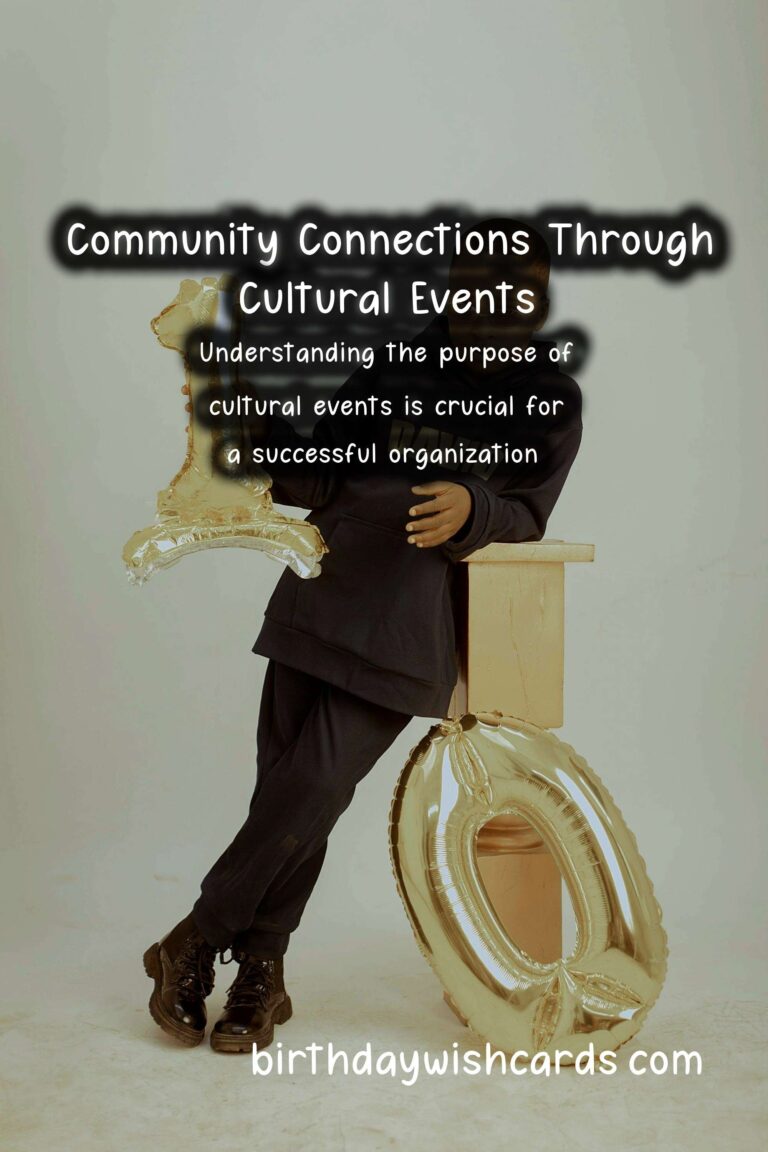

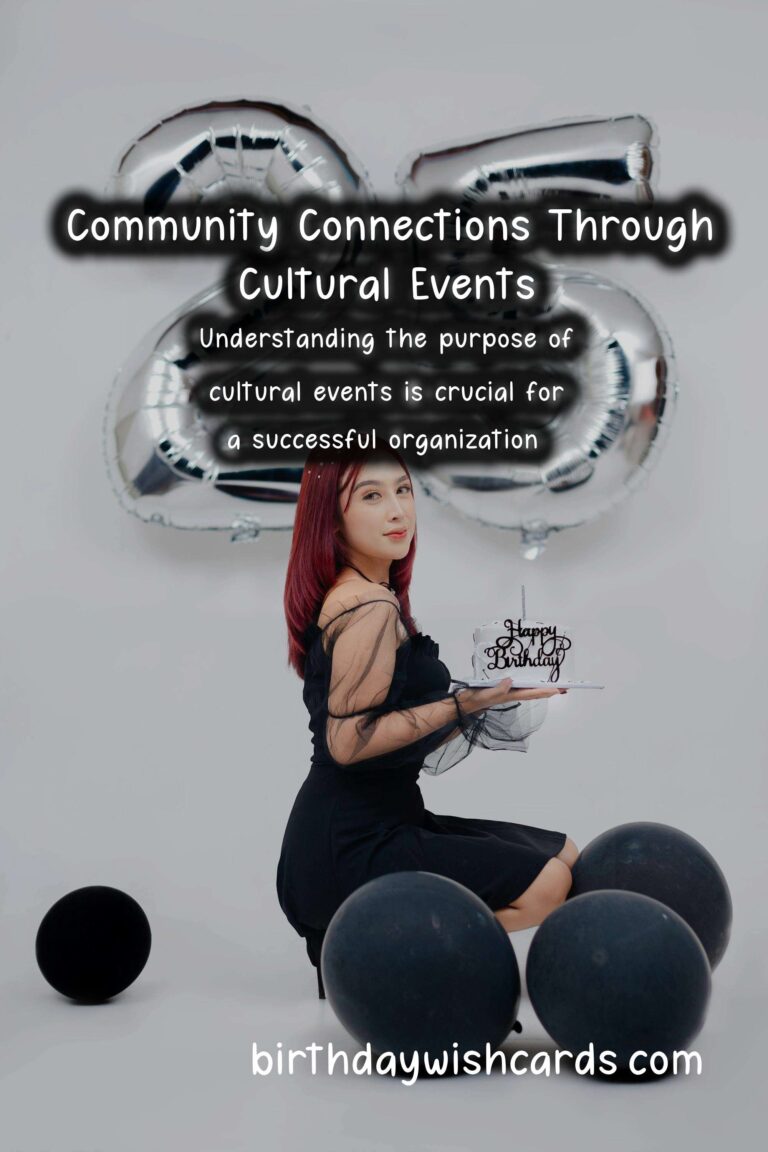
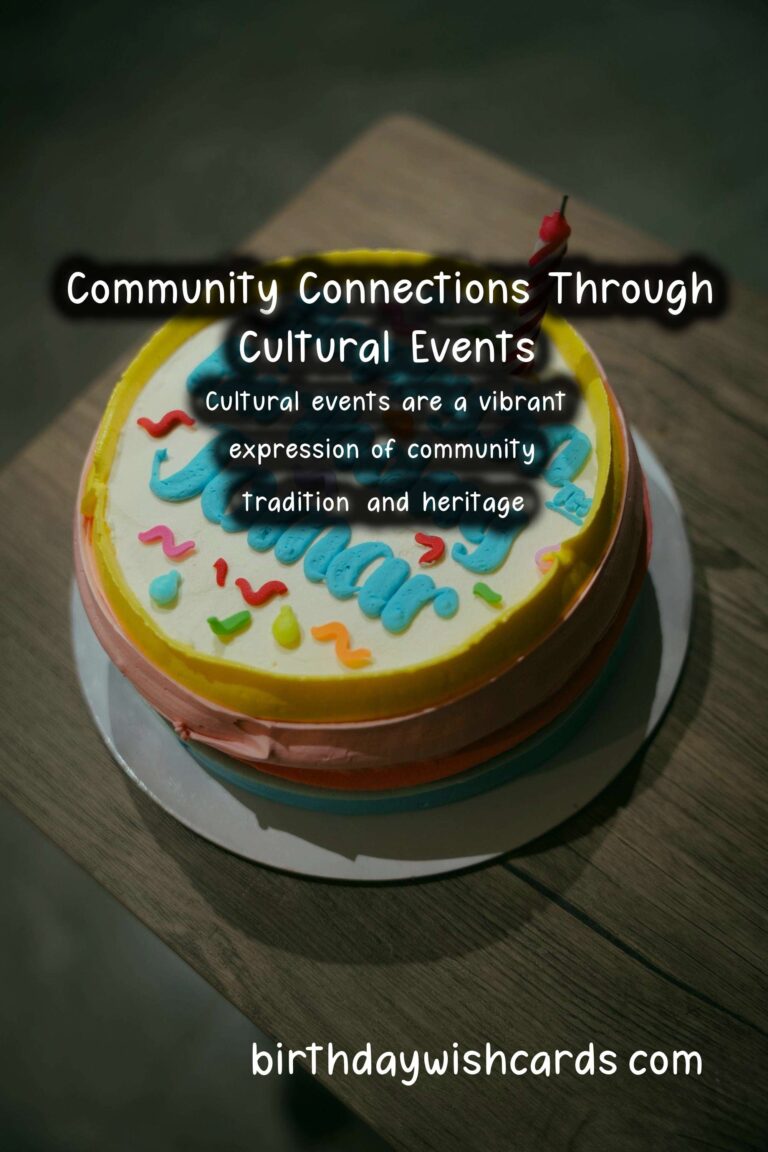
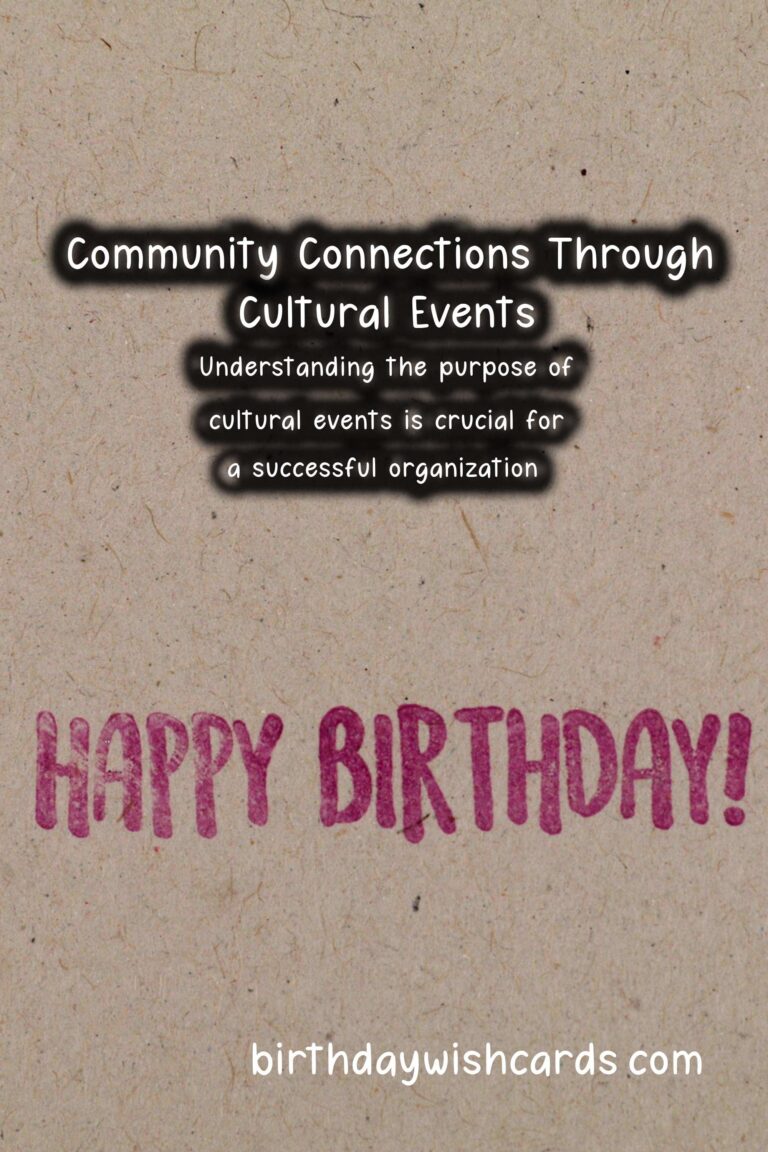
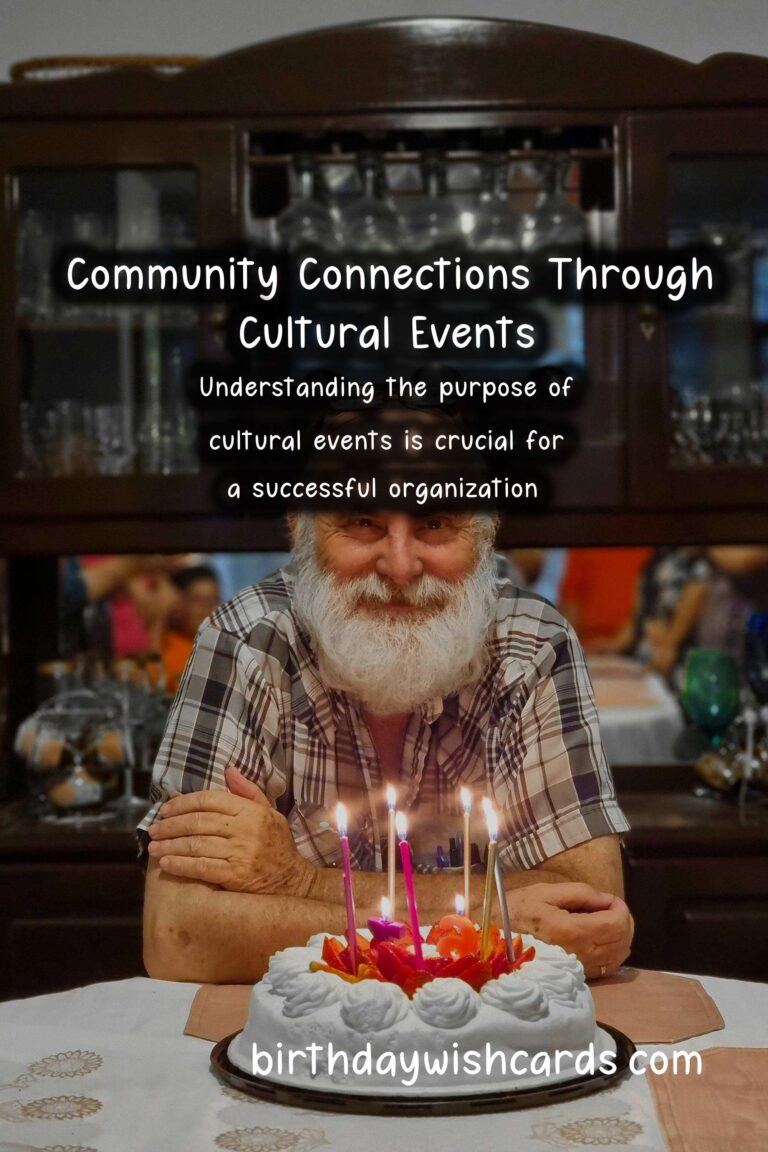
#CulturalEvent #CommunityEngagement




